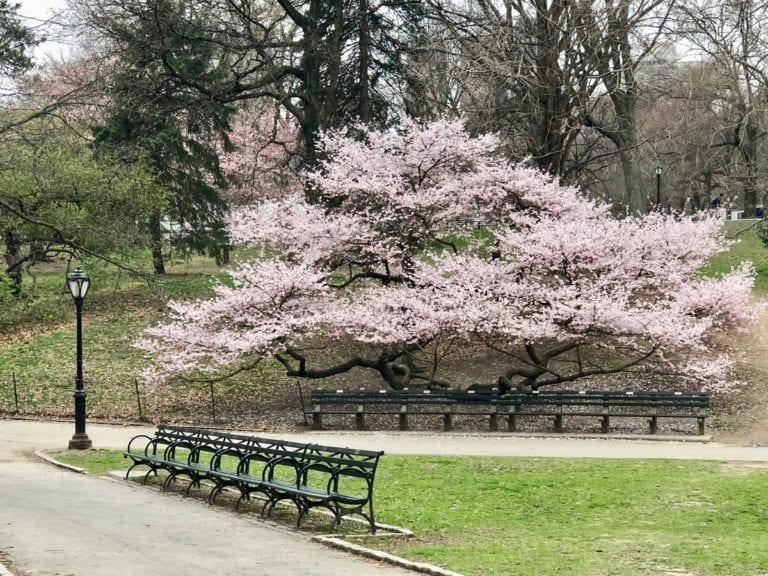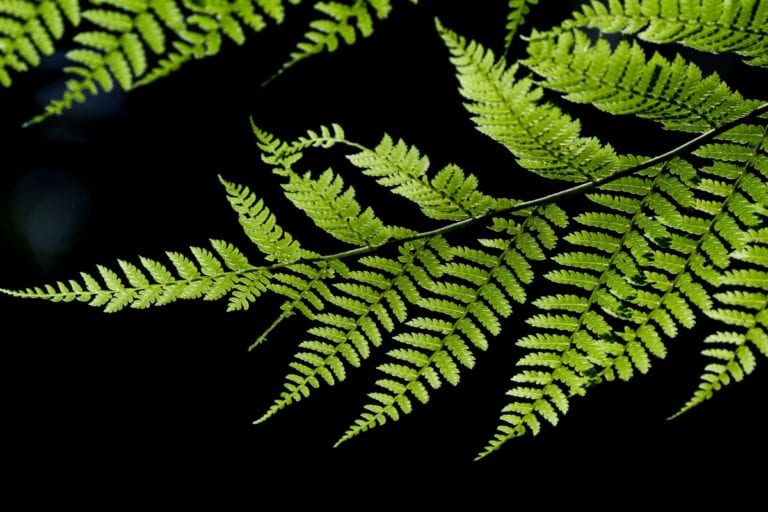Similar Posts
Week 643: Tracking Projections and Lovingkindness
One of the things that our brains seem to do, usually without our conscious awareness, is to project our fears, shame, discomfort, beliefs, and maps of reality onto others. Think of the last time you assigned a motive to someone’s actions only to discover that you were completely off base about what you thought was going on with them. It’s a natural human tendency Read More “Week 643: Tracking Projections and Lovingkindness”

702nd Week: Befriending Silence
I’ve run across a number of articles recently that speak to the physical benefits of silence. One I just read a few days ago talks about how silence generates new cells in the hippocampus of mice. This is an intriguing finding, given that we know that trauma shrinks the hippocampus. Here’s the link to that article: http://www.lifehack.org/377243/science-says-silence-much-more-important-our-brains-than-thought
Another article, which I read a while ago, speaks to a number of benefits that arise from spending time in silence, Read More “702nd Week: Befriending Silence”

781st Week: The Gift of Inspiration
As I write this practice, I—along with most other people in the U.S. and in many places around the world right now—am at home practicing “social distancing”. Because of the current coronavirus pandemic, I’m not having my daily experience of crossing Central Park, to and from my office. I have to say that I miss the powerful and inspiring emergence of Spring in the park as well as the quiet presence of so many trees.
A couple of weeks ago, before we were all asked to stay home, I was in daily amazement at the beautiful colors of this season in the Northern hemisphere, the emergence of abundant, colorful life after the quiet grays and dun colors of winter. As I write this, I’m sitting at a bench I often inhabit on weekend mornings. This is a cool morning and it will be raining soon, but I wanted this early-morning opportunity to touch into this favorite place where I feel deeply connected and attuned to the nature around me.
As I sit here, I find myself wondering, yet again, how did nature ever know to create the brilliant yellows, pinks, and whites of Spring? All around me, trees are in bloom and all over the park are daffodils and other bulbs showing their wonderfully enthusiastic yellows, blues, whites, and purples. These colorful displays speak to my bodymind in ways that bring me alive, that remind me that life seems to always be waiting to express in creative and energetic ways.
Read More “781st Week: The Gift of Inspiration”Week 652: Oneness and Separateness
When I was very young, my grandmother used to talk to me about a schism she saw coming in what she felt would be my future. This was back in the early ’50’s, when she essentially became my first spiritual teacher. Read More “Week 652: Oneness and Separateness”
Week 645:Perceiving With Your Heart
I recently finished reading a book that consistently brought me back to the importance of learning to shift awareness to the heart instead of emphasizing the brain—to perceive the world through heart intelligence rather than just cognitively. Read More “Week 645:Perceiving With Your Heart”

729th Week: Foreground/Background Revisited
It goes without saying that these are stressful times and we all are having to dig into the strategies that we have for finding and accessing our internal steadiness and sense of centeredness. One of the practices I’ve written about many times over the years has to do with recognizing, and then playing with, the constant process of choosing what is in the foreground of awareness and what is in the background. Our culture tends to favor putting activation, emotional intensity, and drama into the foreground, while experiences of being centered, steady, and internally quiet slide into the background, often not to even be acknowledged as present.
Another dynamic I’ve written about many times is the metaphor of the kaleidoscope—that we are all complex beings comprised of many aspects or parts of ourselves. Sometimes we’re fully focused in our present-day adult self, thinking, responding, and behaving in centered and rational ways. Other times, we are triggered into different kinds of activation and find ourselves acting from impulses that arise deep within unhealed and uncentered parts of us. Read More “729th Week: Foreground/Background Revisited”